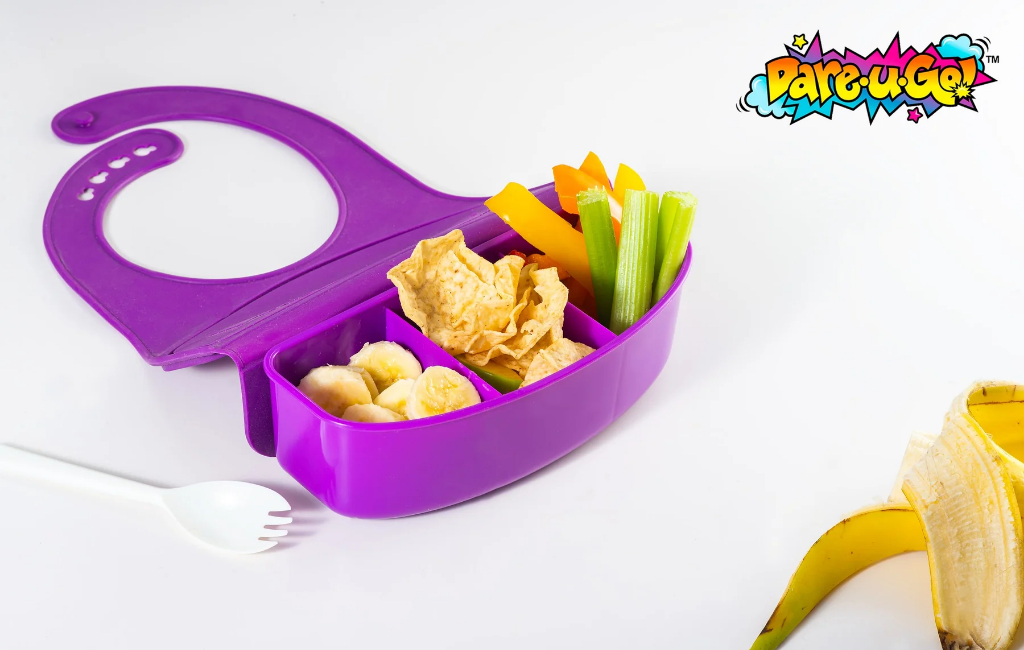Wild Earth Koji Dog Treats
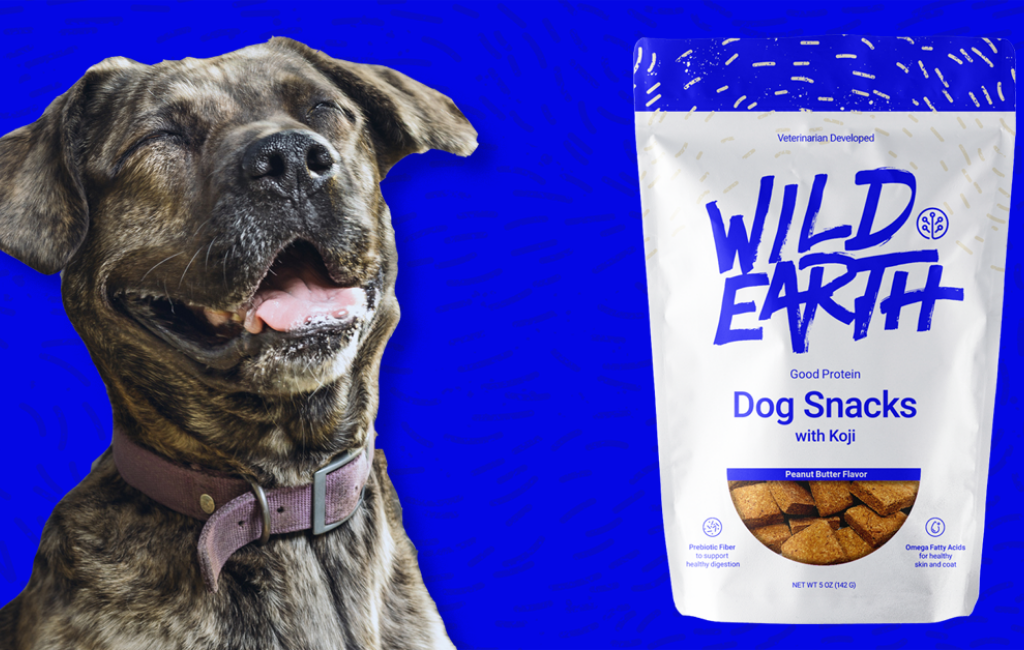

DEAL
EPISODE SUMMARY
🕓 Air Date: March 17, 2019
Asking For:
$550,000 for 5%
Investor:
Mark Cuban
Deal:
$550,000 for 10%
PRODUCT SUMMARY
Wild Earth offers cultured protein dog food made with human-grade koji, addressing concerns about traditional pet food ingredients, pet obesity, and environmental impact.
WATCH HERE
IN A RUSH?
Click these to jump to the section you want to read.
Background Story
Wild Earth, a pioneering company in the pet food industry, was introduced into the “Shark Tank” by Ryan Bethencourt, a seasoned biotech entrepreneur and CEO. Ryan Bethencourt brings a wealth of experience to the table. As a biotech entrepreneur, he has a track record in cellular agriculture, an innovative field that aligns with his fascination for creating alternative solutions. Bethencourt’s concerns about the quality and environmental impact of conventional pet food led him to envision a new approach to pet nutrition. His background includes co-founding IndieBio, recognized as the largest biotech accelerator globally.
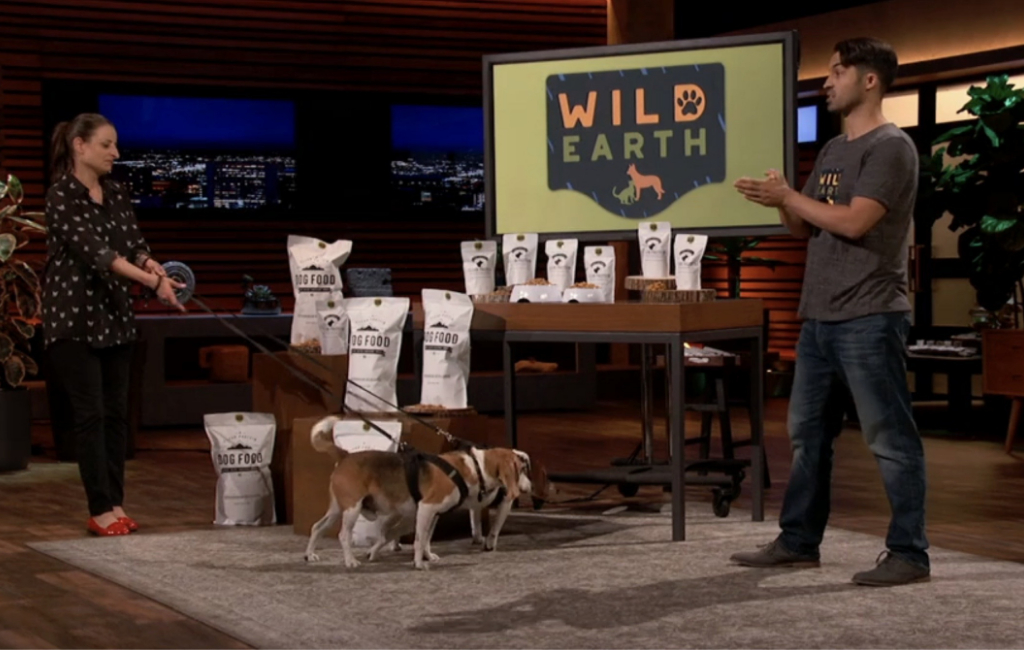
The inspiration for Wild Earth stems from Bethencourt’s observation of the challenges in the existing pet food landscape—ingredients that are hard to pronounce, frequent recalls, and the alarming issue of pet obesity caused by fillers and fats. Drawing on his expertise in cellular agriculture, Bethencourt identified an opportunity to address these concerns and introduce a novel pet food solution. The result is Wild Earth’s cultured protein dog food, a groundbreaking product made with human-grade koji.
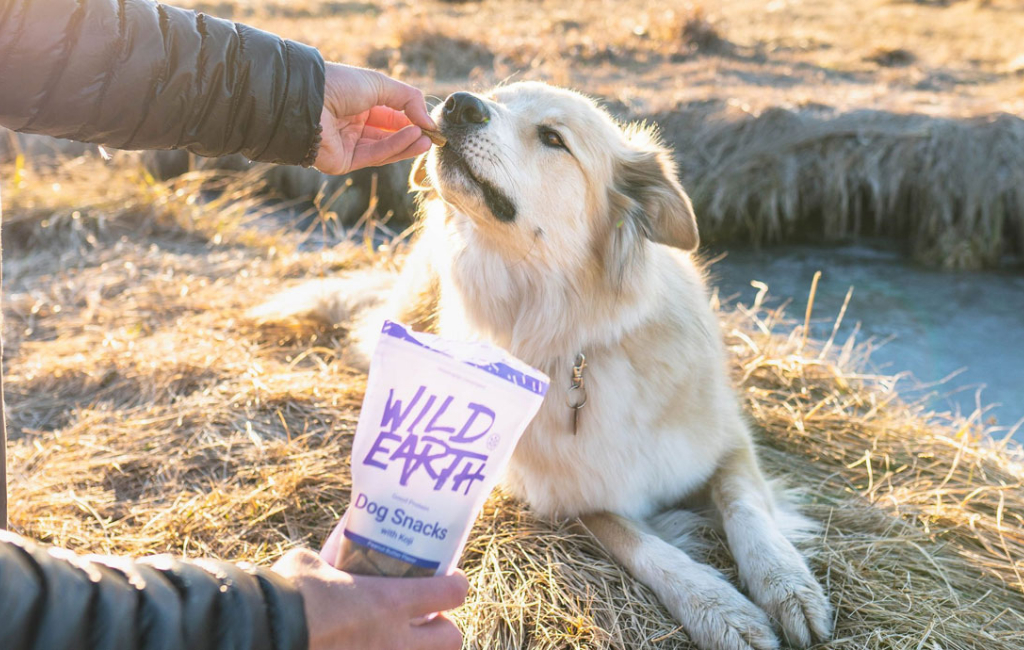
Koji, known for its presence in miso, soy sauce, and sake, provides a rich source of protein, including the essential amino acids required for dogs. The company’s commitment to safety, sustainability, and ethics underlines its mission to redefine the way pets are nourished. In essence, Wild Earth’s origin story reflects a blend of biotech innovation, a commitment to animal welfare, and a visionary approach to addressing the shortcomings of traditional pet nutrition. The company’s location, while not explicitly mentioned, is eclipsed by the significance of its mission to provide a safer, more sustainable, and ethical alternative in the pet food industry.

The Product
Wild Earth introduces a revolutionary pet food product designed to transform the way dogs are nourished. The core of their offering is a cultured protein dog food made with human-grade koji, a traditional ingredient in miso, soy sauce, and sake. The product is crafted with meticulous attention to safety, sustainability, and ethical sourcing.
Wild Earth’s treats, set to be released in October, contain over 10% koji, emphasizing its protein-rich composition. These treats serve not only as a delicious snack for dogs but also as a prototype for the upcoming kibble. The company positions the product as more than just a treat, envisioning it as a potential substitute for conventional dog food.
The treats, crafted in a human-grade kitchen, aim to meet the cravings of dogs while addressing concerns about the quality of ingredients in traditional pet food. The use of koji provides a rich source of protein, incorporating the 10 essential amino acids necessary for a dog’s diet. The product is set apart by its commitment to providing a safer and more sustainable alternative to conventional pet nutrition.
This premium pricing reflects the company’s commitment to offering a high-quality, sustainable product. Wild Earth’s approach involves a phased release, with treats hitting the market first, followed by the anticipated kibble, signaling a strategic entry into the pet food industry with an innovative and ethically conscious product. Purchases can be made online, aligning with the company’s emphasis on a direct-to-consumer approach.
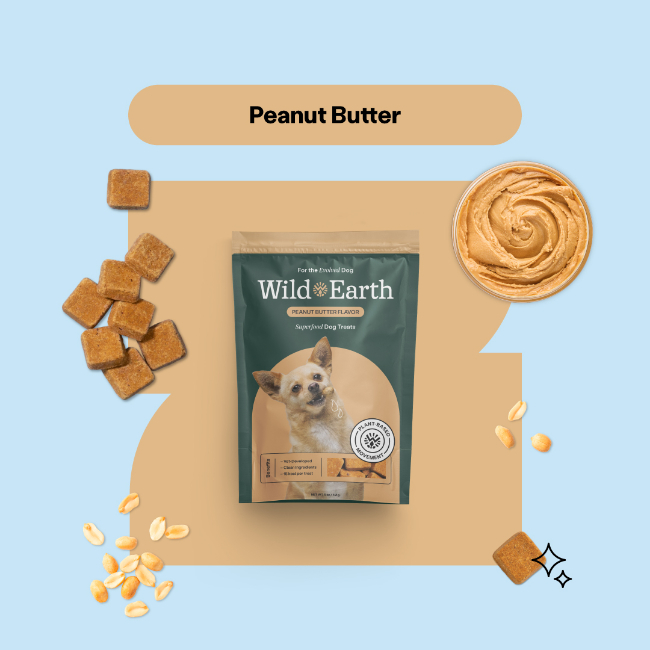
How It Went
The company’s position before Shark Tank
Wild Earth, at the time of the “Shark Tank” pitch, is in a pre-market phase, yet it justifies its $11 million valuation by emphasizing its success in raising $4 million. The company positions itself as a disruptor in the $30 billion U.S. pet-food market, backed by investment from notable entities such as Felicis Ventures and Peter Thiel during its last funding round. The investment of $2 million by these entities underscores the potential Wild Earth sees in alternative protein to transform the pet food industry.
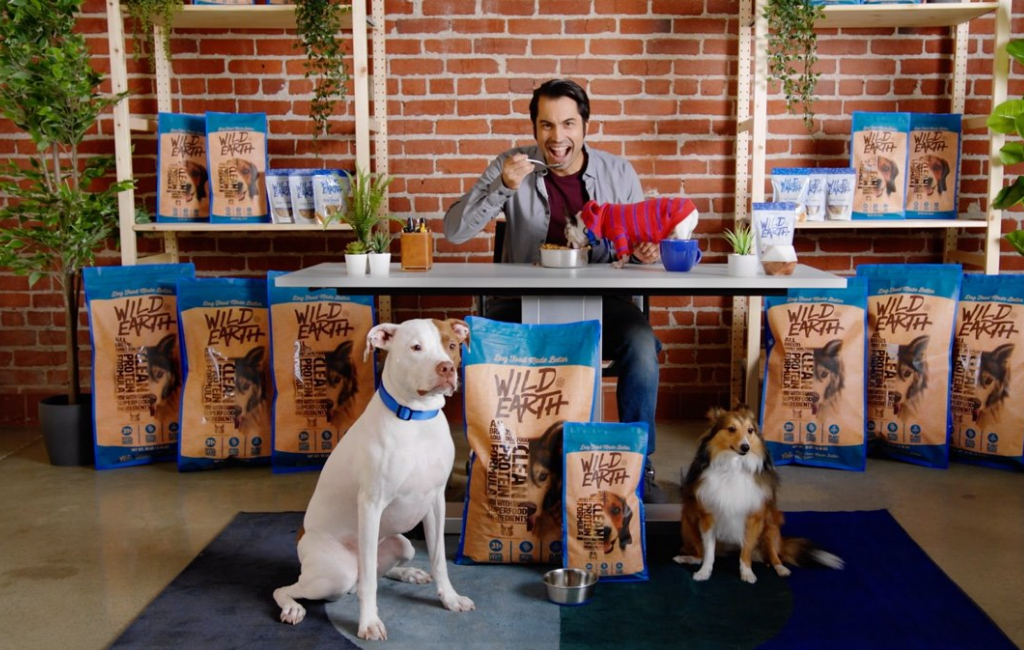
The treats are positioned as a premium product, priced at $12.99, reflecting the company’s commitment to offering a high-quality and sustainable alternative to traditional pet nutrition. Regarding the company’s structure, it is mentioned that the founders own about 50% of the company, with Bethencourt owning about 20% after conversion. This suggests a founder-centric ownership structure. Wild Earth’s decision to enter the market with treats, followed by the release of kibble, indicates a strategic approach to scaling the business in phases.
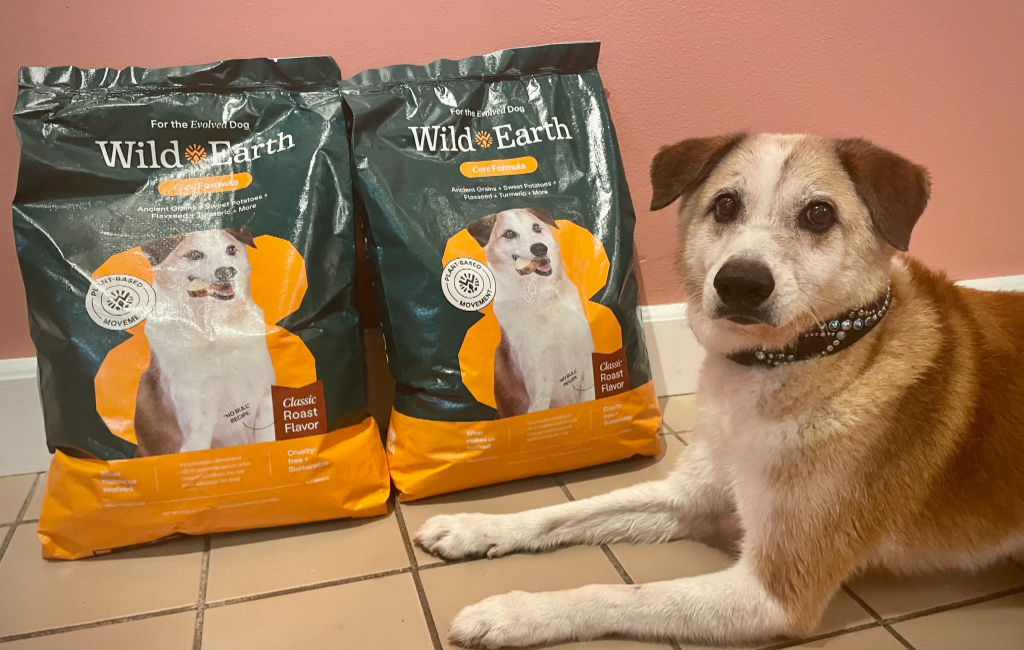
In summary, Wild Earth portrays itself as a company with a strong vision, strategic partnerships, and a commitment to disrupting the traditional pet food industry with its innovative and ethically conscious products. The upcoming commercial release of treats and the company’s valuation indicate a positive outlook and a belief in the potential success of their alternative protein-based pet food.
The Negotiations:
The negotiations for Wild Earth in the “Shark Tank” episode showcased a mix of skepticism, valuation concerns, and ultimately, a surprising acceptance of an offer. Ryan Bethencourt entered the Tank seeking $550,000 for a 5% equity stake in his company. The valuation set at $11 million raised eyebrows among the Sharks, with Kevin O’Leary calling it a “steal” and Daymond John expressing disbelief. Mark Cuban was the first to make an offer, proposing $550,000 for a 10% stake.

This marked a deviation from Bethencourt’s initial ask but highlighted Cuban’s belief in the potential of Wild Earth. Initially hesitant due to the increased equity percentage, Bethencourt ultimately accepted Cuban’s offer, securing a deal with the billionaire entrepreneur. The negotiations underscored the challenges of justifying a high valuation for a company that had not yet entered the market. Bethencourt faced scrutiny regarding the $11 million valuation, especially without concrete sales figures to support it. Despite this, Mark Cuban’s strategic offer and Bethencourt’s willingness to adapt to the negotiation dynamics resulted in a deal that seemed to benefit both parties.
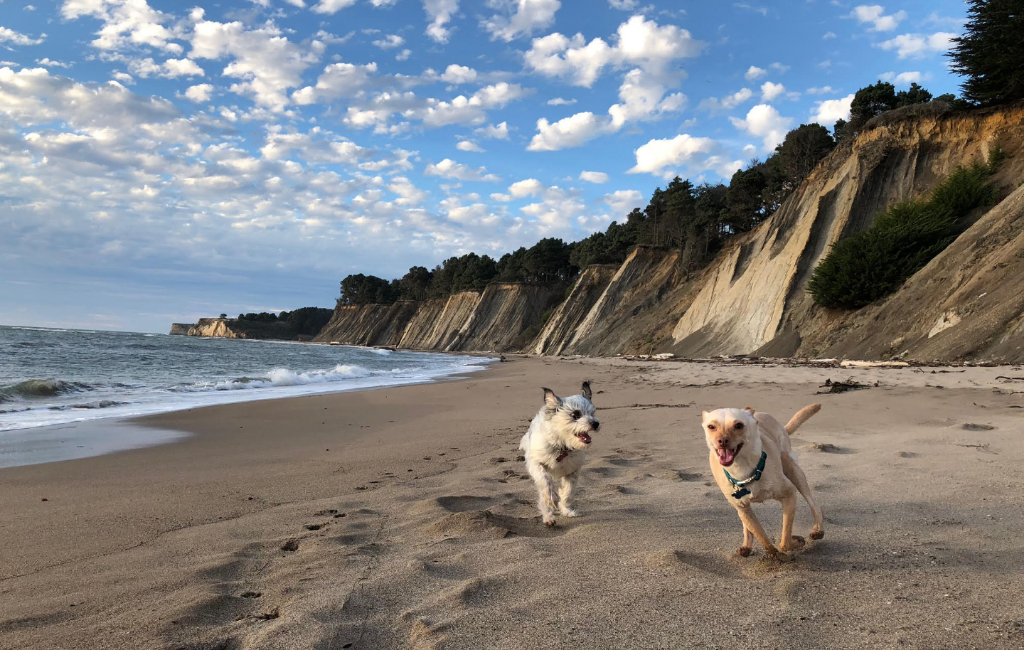
The Sharks who dropped out, including Kevin O’Leary, Lori Greiner, Daymond John, and Robert Herjavec, expressed concerns about the inflated valuation, lack of proof of concept, and high product pricing. However, Mark Cuban’s offer, which amounted to double the equity Bethencourt initially intended to part with, demonstrated the entrepreneur’s ability to navigate the negotiation process effectively. The acceptance of the deal marked a surprising turn, highlighting the unpredictability of negotiations in the “Shark Tank” setting and the importance of adaptability for entrepreneurs seeking investment.







